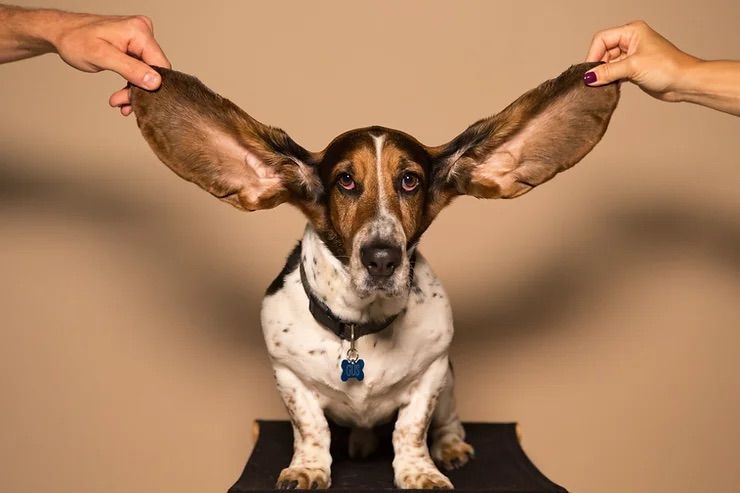Like many species, we are born with two ears that are conveniently placed on each side of our head. This provides a practical advantage for wearing eyeglasses and masks, but also plays an important role for our brains when processing sounds.
Do I really need to get two hearing aids?

When we listen, our brain receives sound from each ear independently. This allows us to determine the location of various sounds around us.
For example, if I am walking down the street and my friend calls my name, I turn my head in the direction of my friend because my brain quickly compares the timing and loudness of that sound. My ability to do this would be severely impaired if I was only able to listen with one ear.
When considering hearing aids, we must be mindful of this concept. In many cases, hearing loss will develop at a similar degree in each ear. During a hearing assessment, the hearing level in each ear is assessed to determine the type and degree of impairment. Another important variable that is assessed is how well each ear is able to understand speech sounds. Collectively, your audiologist will use this information to determine whether you are a candidate for amplification and whether it is appropriate for each ear.
In most cases, two hearing aids is ideal and will maximize the benefit from amplification. It should be noted that in some cases where this is not the case (i.e., the hearing level is “too good”, “too bad” and/or the sound is “too distorted”) your audiologist will discuss alternative options with you.

Two hearing aids will help to restore your brain's ability to process sounds efficiently and effectively. If only one ear gets amplification, those listening cues are greatly reduced. When possible, two ears are always better than one!
